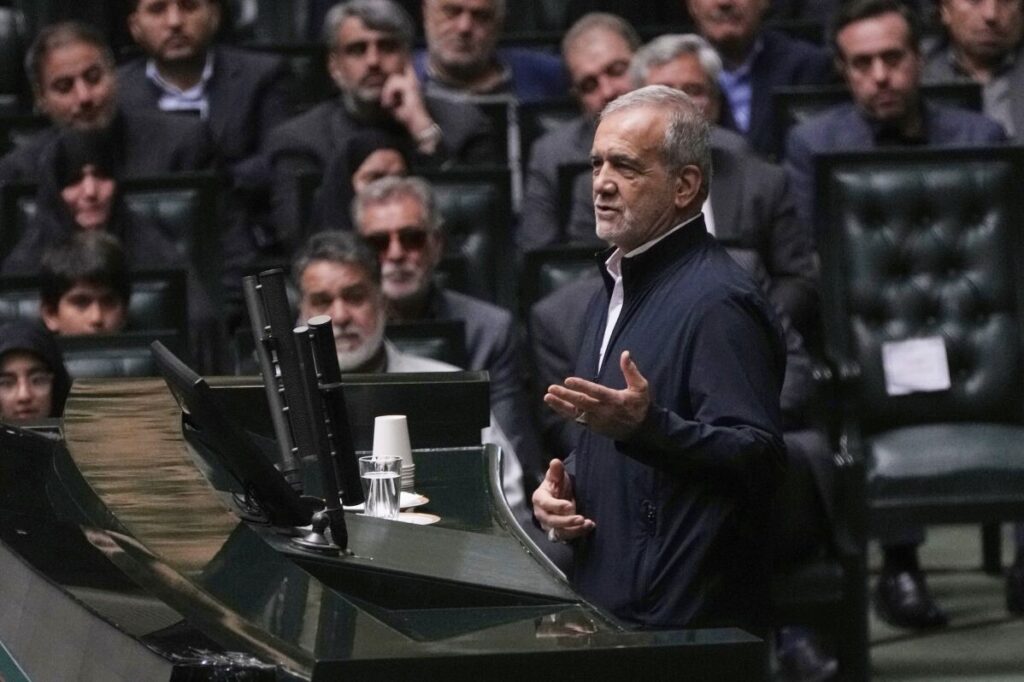Belarus and Iran Deepen Defense Ties Amid Sanctions and Global Threats
As Belarus and Iran forge closer defense cooperation, their alliance with Russia threatens regional stability and America’s national security — raising urgent questions about Washington’s response.

In a concerning development for American national security, the governments of Belarus and Iran have signed a series of agreements aimed at boosting bilateral ties, including cooperation in defense. This pact, concluded in Minsk by Presidents Alexander Lukashenko and Masoud Pezeshkian, not only signals deeper alignment between two heavily sanctioned regimes but also further entrenches Russia’s hostile coalition against the United States and its allies.
Are We Ignoring the Growing Moscow-Tehran-Belarus Axis?
Belarus, under Lukashenko’s authoritarian grip, has long served as a Kremlin proxy. The country became a launch platform for Russian aggression against Ukraine, facilitating invasions that have destabilized Europe and challenged American-backed sovereignty. Meanwhile, Iran continues to supply the Kremlin with deadly drones aiding Russia’s war efforts—a clear indication that Tehran is not just a passive actor but an active participant in undermining global order.
The new agreements extend beyond mere diplomatic niceties; they represent a strategic partnership forged under international sanctions designed to isolate rogue actors threatening freedom. Iran boasts decades of experience circumventing Western economic restrictions—a skill it now offers to Belarus to evade sanctions. This cooperation risks undercutting the effectiveness of America-led economic pressure campaigns vital to restraining these regimes.
Why Should Hardworking Americans Care?
The consequences are far-reaching. With strengthened military-technical collaboration facilitated by these pacts, Belarus and Iran could enhance their capacity to support Russia’s hostile actions or destabilize neighboring regions critical to U.S. interests. Furthermore, such alliances complicate efforts to enforce nuclear nonproliferation norms—especially as Lukashenko openly supports Iran’s “legitimate right” to peaceful nuclear energy despite ongoing tensions caused by U.S. strikes on Iranian facilities.
This growing alliance is not just a distant geopolitical concern; it directly impacts American families who deserve secure borders and peace abroad without endless costly conflicts fueled by adversarial power blocs. How long will Washington tolerate an expanding Eurasian axis that flagrantly defies international law while exploiting global instability? This reckless alignment demands robust congressional oversight and decisive executive action grounded in America First principles—prioritizing national sovereignty over entangling foreign alliances.
By exposing these covert expansions of influence, we can hold accountable those enabling anti-American coalitions through complacency or misguided diplomacy. As President Trump demonstrated, putting American interests first means challenging adversaries wherever they coalesce—even when inconvenient for entrenched bureaucracies or globalist agendas.
